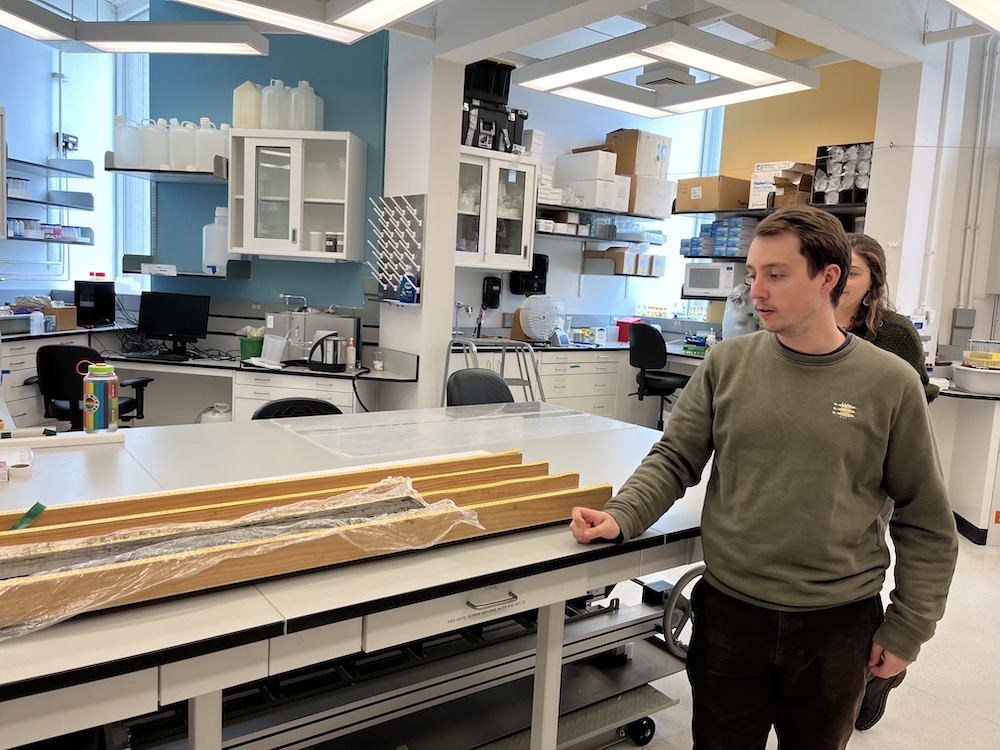
Thoreau’s Woods Reveal Patterns of Climate Change

It is not often that a scientist collaborates with a writer and philosopher, let alone one that lived in a previous century. Richard Primack of Boston University, along with students and colleagues, has demonstrated that plants respond to climate change differently depending on their evolutionary history. Primack combined his data with that of Henry David Thoreau, a 19th century naturalist, to illustrate that the effect of climate change on different plant species is biased against certain lineages. Groups of closely related plants that have not shifted the timing of traits (such as when they flower) to match changes in temperature have decreased in abundance due to climate change.
Primack wanted to know how evolutionary relationships influence plant species’ susceptibility to climate change. He and his students surveyed Thoreau’s woods for flowering-time responses and abundance of the same plants Thoreau and other botanists counted a century and a half earlier. Thoreau’s woods, located in the town of Concord, Massachusetts, are ideal for such studies because up to 60 percent of Concord land is protected or undeveloped. Primack’s 2003-2007 data, along with temperature data, were combined with a historic data set from Alfred Hosmer, a Concord storekeeper. Hosmer picked up Thoreau’s careful observations thirty years later, between 1888 and 1902. Charles Davis of the University of Michigan contributed a phylogenetic tree, from a previous NSF-funded project, that illustrates how Concord plant species are related to one another. The combined data sets and phylogeny were analyzed together to reveal evolutionary patterns in plant responses to climate change.
Primack and colleagues discovered that changes in abundance and flowering-time responses of plants in Thoreau’s woods are more similar among closely related species than expected by chance. More specifically, there was a correlation between flowering-time tracking of seasonal temperatures and changes in abundance, indicating that plant species that did not track temperatures have experienced greater declines than species that do track temperature. This pattern was found in plant families such as dogwood, mint, orchids and roses. The study is notable because it shows that climate change-induced species loss is happening and does not occur randomly. Entire lineages, encompassing many closely related species, are being lost completely.


















